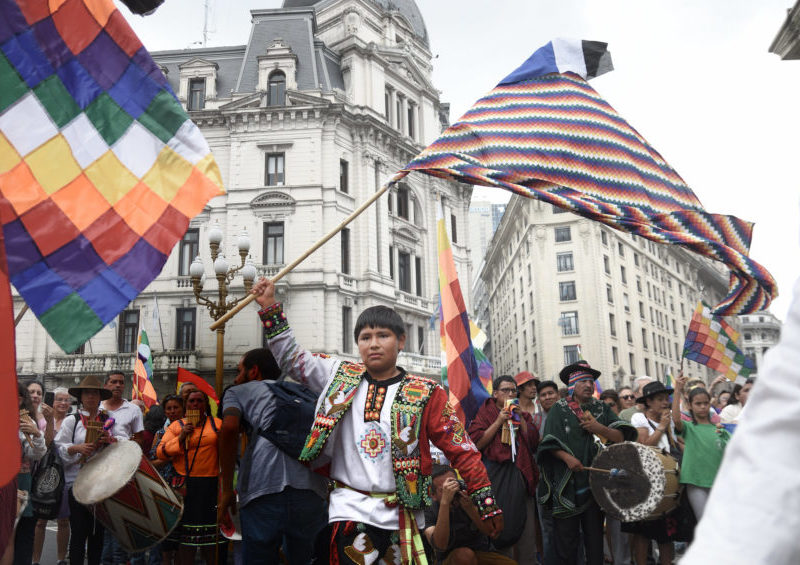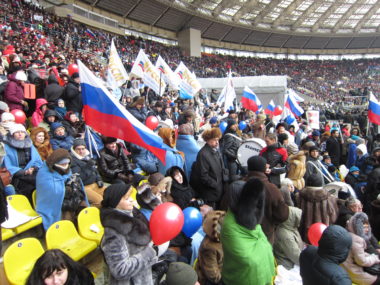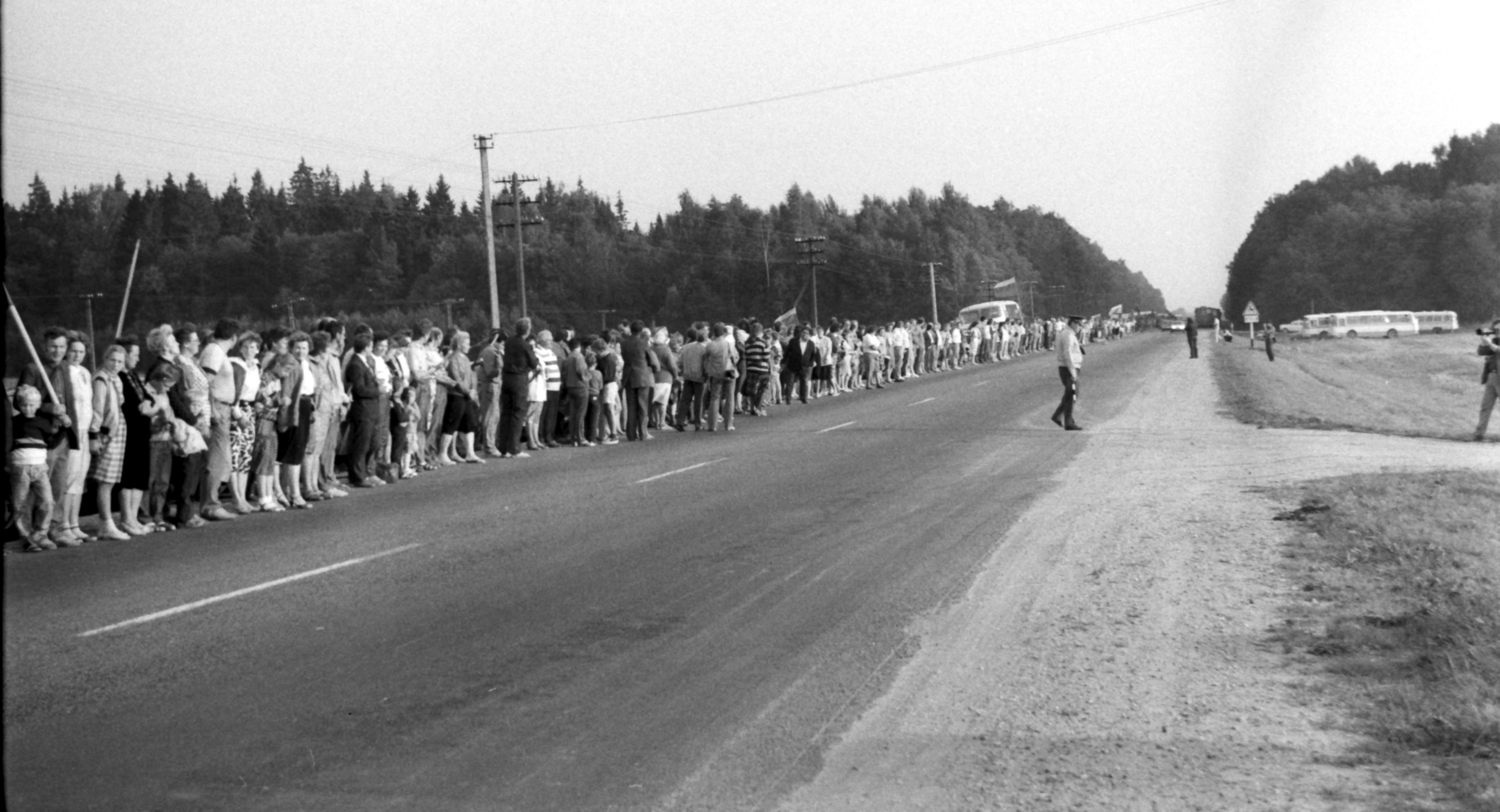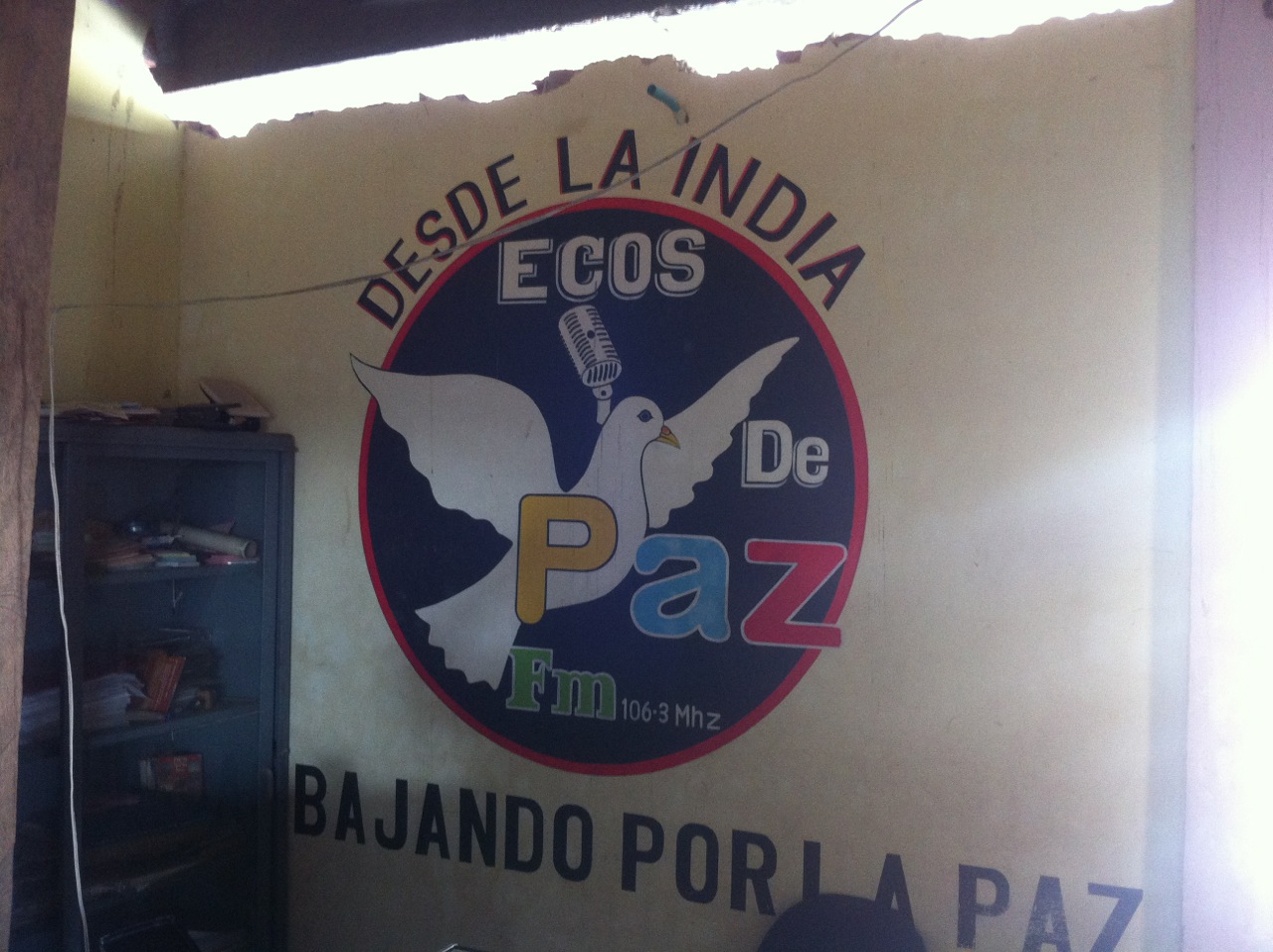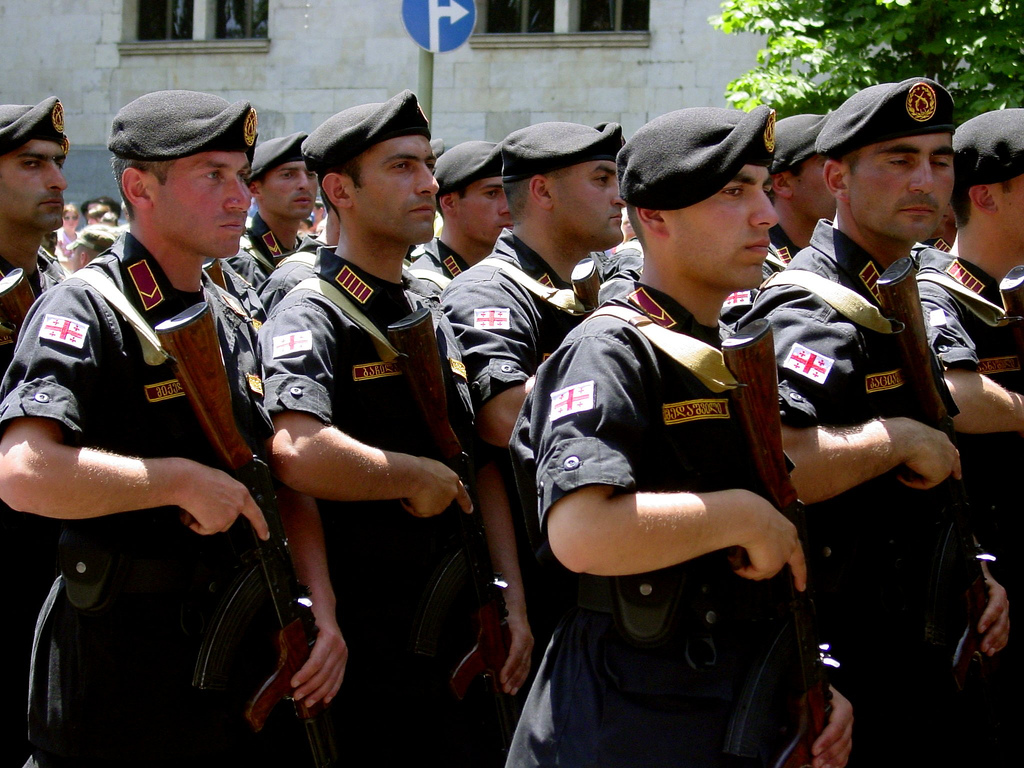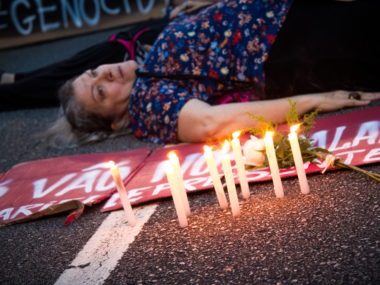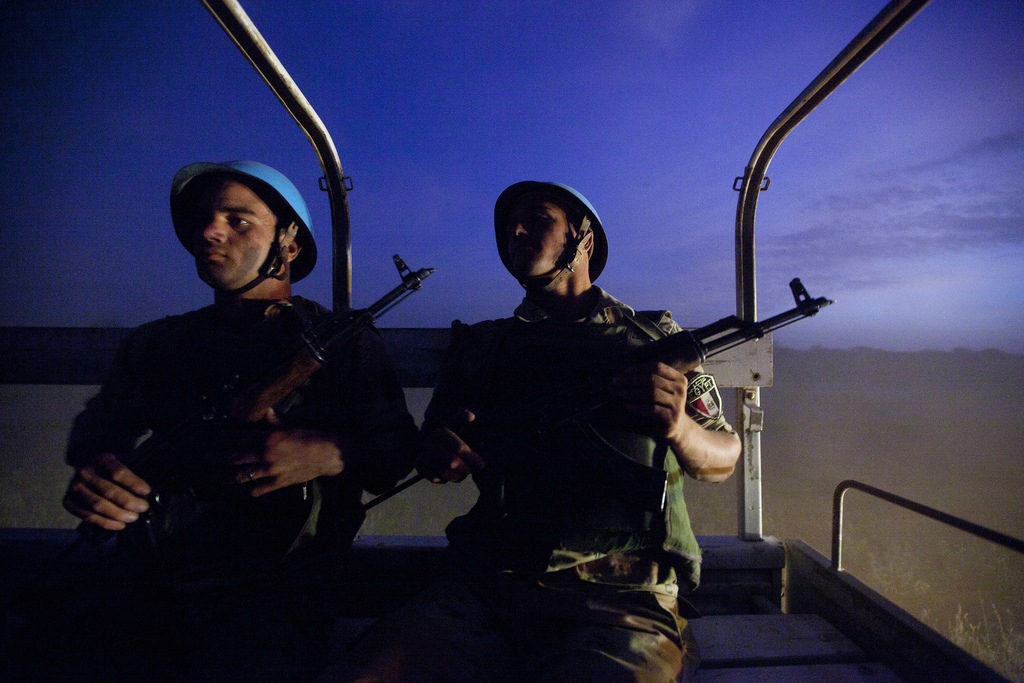It’s been more than ten months since Evo Morales resigned as president of Bolivia, in what some called a “postmodern” coup for pressure applied by the military and police that led to his ouster. Now, Luis Arce, former Economics Minister under Morales and member of Morales’ Mas party, is set to win the Bolivian presidential election. Concerns over the fate of Bolivia’s democracy might be quelled temporarily with these new election results, but concerns remain about how the new president will handle inherited problems such as COVID-19 and the economic crisis.
Today we revisit Erica De Bruin’s post from 2019, which explores anti-government protests, Morales’ ouster, and the future of governance in Bolivia.
Coups, Protests, and Violence: What to Expect in Bolivia
Guest post by Erica De Bruin
When Evo Morales resigned from power in Bolivia earlier this month, many hoped it would mean an end to violent protests in the country. But rather than defuse the crisis, Morales’s resignation has been followed by escalating clashes between security forces and civilians. In the most violent incident thus far, security forces fired on pro-Morales protestors on the outskirts of Cochabamba.
Why does violence in Bolivia appear to be ramping up after Morales resigned? Here’s what scholarship on coups and protests can tell us.

